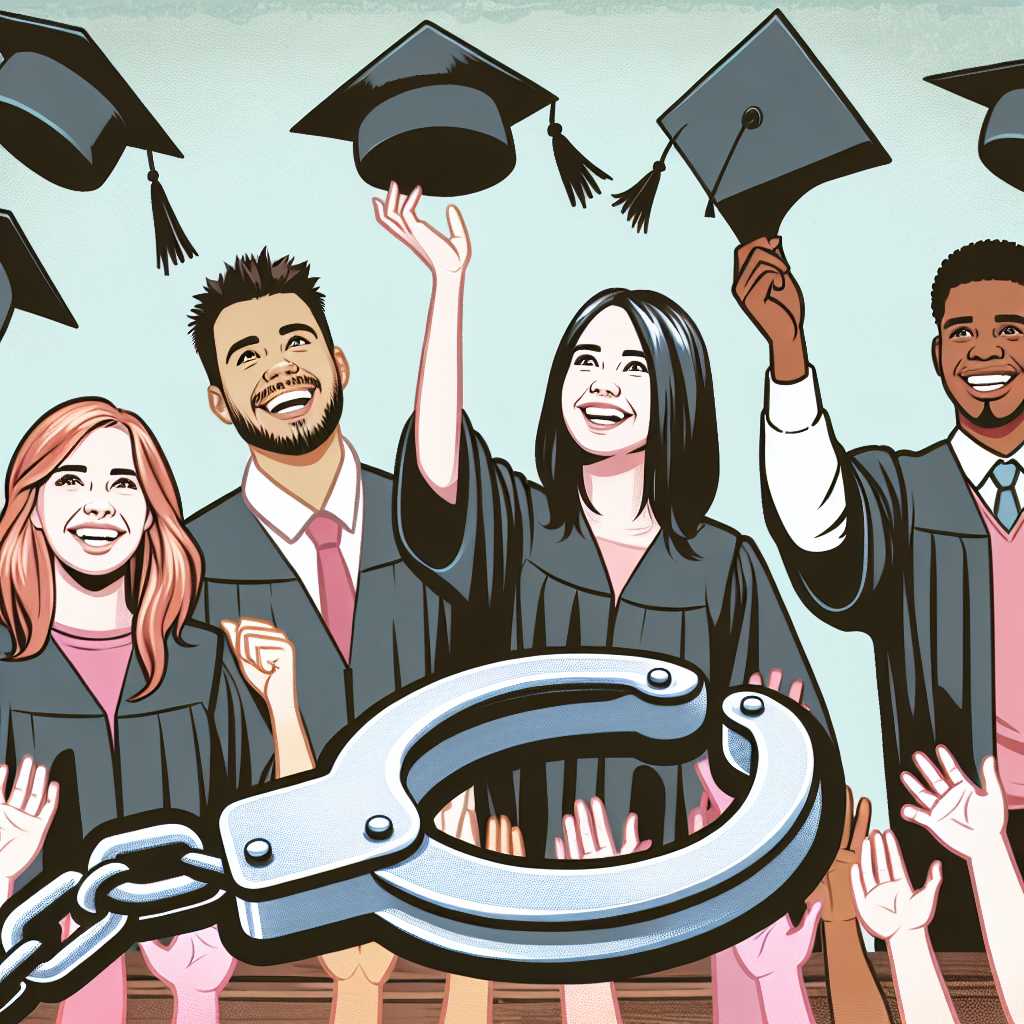Understanding the Debate Around Student Loan Forgiveness
The subject of student loan forgiveness has become a hot-button issue in the political and educational spheres, with arguments for and against it polarizing communities across the United States. At its core, the debate revolves around the question of whether or not the federal government should cancel all or part of the debt owed by borrowers who have taken out student loans for their education. This article will dive into the details and various perspectives of this complex conversation, providing an exhaustive overview of what student loan forgiveness entails, the arguments on both sides, and the potential impacts it may have well into the future.
Introduction to Student Loan Debt in the United States
In recent years, the level of student loan debt in the United States has reached unprecedented levels. As college tuition costs continue to rise, more students than ever are relying on loans to finance their higher education. This situation has resulted in significant financial strain for millions of Americans and has raised questions about the sustainability and fairness of this financial system.
Components of Student Loan Forgiveness Programs
Student loan forgiveness programs come in different shapes and sizes. Common types of forgiveness, cancellation, or discharge programs already in existence include Public Service Loan Forgiveness (PSLF), Teacher Loan Forgiveness, and Income-Driven Repayment (IDR) Plans forgiveness. Each program has specific requirements concerning occupation, income, payment history, and types of loans eligible.
Arguments for Student Loan Forgiveness
Proponents of student loan forgiveness argue that the current level of student debt is unsustainable and unfair. They posit that forgiving student loans could:
– Provide a stimulus to the economy as borrowers would have more disposable income.
– Encourage higher education by reducing the fear of unmanageable debt.
– Address social equality issues, as debt disproportionately affects minority and low-income populations.
Advocates often describe student loan forgiveness as an investment in human capital that can promote economic growth and social mobility.
Arguments Against Student Loan Forgiveness
Detractors raise several concerns about student loan forgiveness:
– It could disproportionally benefit higher-income individuals who are more capable of paying back their loans.
– Forgiveness might encourage higher tuition rates if universities believe that indebtedness is less likely to be a deterrent.
– Taxpayers would bear the burden of cancelling billions in educational debt.
– There may be moral hazard concerns where loan forgiveness could incentivize future borrowers to take on even larger amounts of debt in anticipation of forgiveness.
Critics argue for more targeted solutions rather than blanket forgiveness policies.
Implications for Current and Future Borrowers
Should student loan forgiveness become a national policy, there are questions about how this would impact current borrowers versus those who have already repaid their loans, as well as future generations. Critics worry about setting precedents that might affect borrowing behaviors, while advocates emphasize the immediate need for relief.
Long-Term Economic Perspective
Economists consider both short-term and long-term consequences of significant debt cancellation. In the short term, there could be increased spending power; however, in the long run, issues such as inflationary pressures and questions about funding higher education could rise to prominence.
Potential Frameworks for Implementation
The implementation of any student loan forgiveness policy would require careful consideration. Possible frameworks involve caps on amounts forgiven, tying forgiveness amounts to income levels, graduated scaling based on years out of school or current salary, or making structural changes to existing loan programs.
Legal and Legislative Perspectives
Legally and legislatively, there is much debate surrounding who has the authority to enact loan forgiveness—whether it should go through Congress or can be handled through executive action. Extensive discussion revolves around interpreting laws like the Higher Education Act and ensuring fairness in application across states and demographics.
